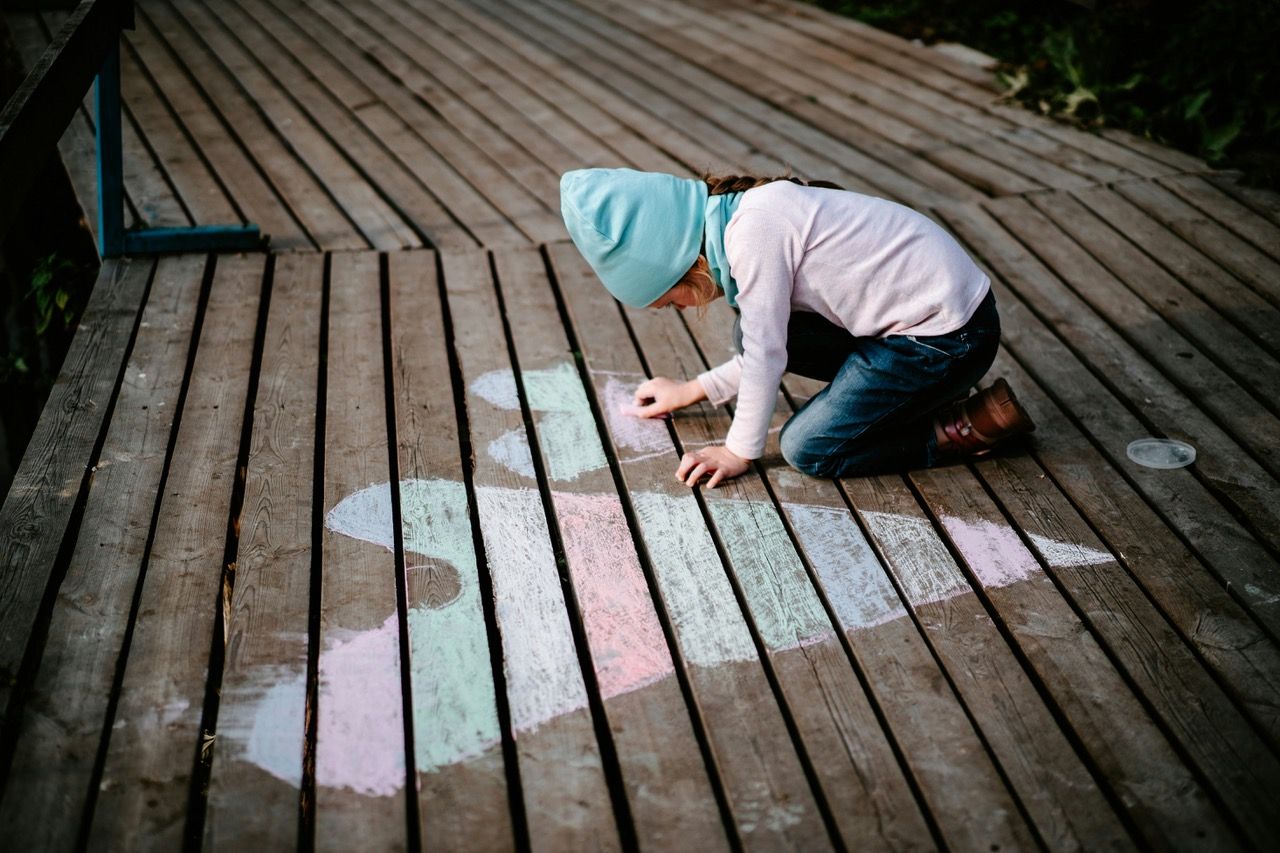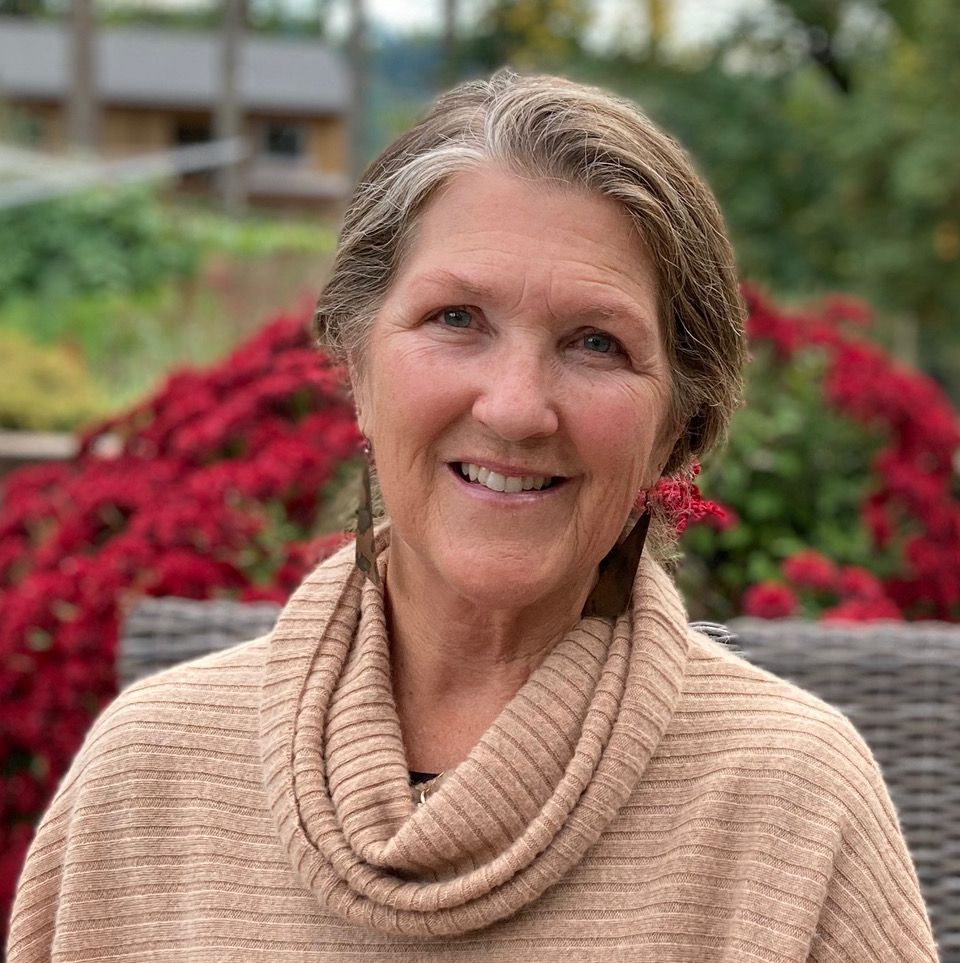What You Seek You Find

Last week, Mark and our three daughters drove to the Oregon coast to spread the ashes of their Grandpa. We shared memories and reflections of Mark’s dad, remembering also our family trips to the beach house Mark’s parents’ owned and lent out generously. Retracing our history, we walked the sandy, grassy path to the beach, clambering down a craggy rock face where we dropped off our shoes that we might again walk barefoot in the sand. The five of us hadn’t been alone together for a good number of years, and not alone in that spot for over 25 years.
The gentleness, curiosity, and memory-sharing came as an unexpected gift. Over lunch at Black Hawk Café in Neskowin, our conversation shifted to how people find what they look for. If we think we are lucky/fortunate/blessed (words we tried on, none of which settled well for all of us) often enough we find evidence for that and experience life that way. If we think God/Life/Fate is unfair or out to get us, we find evidence enough for that, too.
As privileged white, middle-class, able-bodied, cisgender people with access to good educations, opportunities, and stable upbringings, the conversation is complicated. Even so, we recognized (with that caveat) that everyone has a choice to see abundance or scarcity in their life circumstances.
Mark mentioned the Gallup poll (of course, he did—he’s a researcher), which annually surveys about 100,000 people in 140 countries to measure world happiness. One item, the “Wallet Question” asks: How likely is it that your lost wallet would be returned if found by a neighbor/a stranger/police officer?
People are more pessimistic about this than reality bears out. We know this because wallet-dropping studies have been conducted in various countries and twice as many wallets were returned as people predicted. Mark Rober, “lost” 200 wallets across 20 North American cities and about two-thirds were returned. In a 2018 YouTube video Rober notes:
Lately, it seems like so much of what you see online is meant to stoke outrage at some group of people ... And that begins to warp our perspectives that the only good people out there are those within our own group. But … across any age or gender or socioeconomic background, across the whole religious spectrum, through middle America and along the coast, there are lots of good people everywhere. And not only that, but they constitute a majority. ... They (turned in wallets) because it was simply the right thing to do.1
I wonder what might happen if we collectively assumed kindness outweighed meanness?
Perhaps we’d see more kindness, recognizing that God’s love in the universe is still, as it has always been, actively spurring us toward love, mercy, and giving the benefit of the doubt when we think we have accurately understood a thing.
Maybe such a stance would beget more kindness. This is not, of course, a new idea.
Acts of kindness likely surge and diminish during various economic, political and religious eras, but this does not look like a diminishing era even though the world also embodies (as it always has) division, strife, anger, and hatred.
During the pandemic kindness swelled. A Gallup survey showed that people stepped up their care for neighbors, volunteering, and helping strangers. In our collective suffering we became more kind, which deserves reflection as a topic of its own. After the pandemic the kindness surge did not disappear. While the 2025 data shows a slight diminishment, people are still kinder to strangers and each other than they were pre-pandemic. 2
We wouldn’t expect this given our news feeds. We are shown an angry divided world, where violence and greed proliferate and horribleness rules the day. Yes, this is also true. Unthinkable human actions bring incredible suffering to large numbers of people, most of whom live at the margins of power and privilege. What might collectively happen in our homes, churches, communities, and globally if we choose to look for kindness, to spur each other on to outbursts of love and good deeds (Heb. 10:24)? What might collectively happen if we shared noticings of kindness, healing, restoration, and redemption? Psychologist Barbara Fredrickson suggests that what happens are positive spirals—we broaden and build our capacity for positive emotions, such as joy, love, contentment, and kindness, which in turn inspire others to do the same.
I wonder if when we share our experiences of, for instance, a few hours taken from busy lives to spread ashes, where we remember stories that connect us, remind us of our resilience, offer some healing, inspiration and joy, that it encourages others to do the same.
Perhaps try this: explore and savor the contours and center of good things in life just now. See the good as God’s nudge toward connection, joy, healing, and kindness. Perhaps sharing your stories encourages others to seek out their own tales of resilience and kindness.
Beauty and goodness--points of Light—surround us. Seek and you will find them.
1. Rober, M. [MarkRober]. (2018, May 9). 200 Dropped Wallets – the 20 MOST and LEAST HONEST Cities [Video]. YouTube. https://www.youtube.com/watch?v=jnL7sJYblGY
2. Helliwell, J. F., Layard, R., Sachs, J. D., De Neve, J.-E., Aknin, L. B., & Wang, S. (Eds.). (2025). World Happiness Report 2025. University of Oxford: Wellbeing Research Centre. https://www.worldhappiness.report/ed/2025/

Lisa retired from college teaching to pursue a vocation in spiritual care. When not listening to the nudges of God through spiritual direction she might be found meandering the woods, tending goats, hens, and gardens.
Lisa is a contemplative Quaker who sees each storied life as part of a bigger story—all of them held together by God. Although also a writer and speaker, she now more often is found hosting space for spiritual renewal and exploration via spiritual direction, supervision, and personal retreats through Into the Woods Spiritual Care, housed at Fern Creek Farm a few miles outside of Newberg, Oregon, where she lives with her husband.
You can learn more about Lisa, what she offers, and her books and current writing at https://www.ferncreekfarm.com

